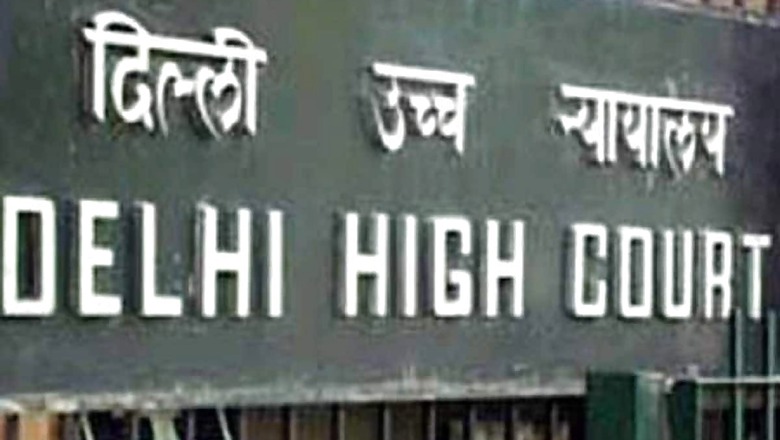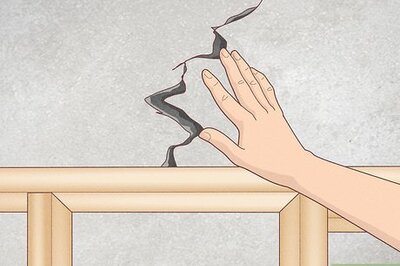
views
The Delhi High Court has said that there cannot be any legality or validity attached to a fatwa, especially in respect of ownership of immovable property, and such a declaration would not be binding on a third party. The ruling by Justice Prathiba M Singh came on an appeal against a lower court order dismissing an application with regard to ownership of a property in Daryaganj here.
The petitioners, who had filed the suit for possession of the property in the lower court, claimed in the high court that they were owners of the property which they had purchased from the heirs of a person who was allegedly given rights in the property by way of a fatwa issued in 1971. The plea was opposed by the defendant, a tenant of the property, who claimed that the original owner — a lady — had made a declaration that after her death the tenants/occupants would become owners of the property.
The tenant also claimed that he was living there for 32 years without paying rent and therefore, he was the owner of the property by way of adverse possession. The plaintiffs, represented by advocate Arpit Bhargava, had contended that after the lady died, the rights in the property were vested in her nephew by way of the fatwa.
Bhargava had argued before the high court that “A fatwa, in fact, binds as a whole and is a method of bringing about amicable settlement between the parties. “A fatwa per se is not illegal and the original owner, her husband and her sister having passed away, issuance of the fatwa in favour of the nephew of the original owner cannot be held to be illegal.” He also argued before the high court that once the defendantaccepted that he is a tenant, he cannot challenge the rights of the owner The court, however, said that the Supreme Court in 2014 had held that a fatwa does not satisfy the requirements of a legally binding document and they do not trace their origin to validly made law.
Referring to the apex court judgement, Justice Singh said a perusal of the SC verdict “makes it abundantly clear that a fatwa cannot be imposed on a third party.” “A fatwa can be completely ignored and no one needs to challenge the same before any court of law. Imposition of a fatwa would itself be illegal. “The effect of this judgment on the alleged fatwa, which is the basis of the plaintiffs claim to ownership, would therefore have to be adjudicated by the trial court,” the high court said.
It further said that there cannot be any legality or validity attached to a fatwa, especially in respect of ownership in an immovable property. “Such a declaration would also not be binding on any third party,” it added.
Justice Singh further said that the manner in which ownership of immovable property can either be vested or transferred is governed by the Transfer of Property Act, 1882 and the provisions of the Registration Act, 1908 have to be complied with. The high court further held that recognizing such (property) rights based on a fatwa which has not been examined or sanctioned by a court of law would be contrary to the Constitutional scheme.
“While a fatwa can be the basis of an amicable settlement of disputes between parties who submit to such a settlement process, binding the same on a third party would be contrary to law,” the high court said. It said that a court of law would have to adjudicate the issue after considering the documents and evidence before it.
The high court said that in the instant case all the foundational facts are yet to be established and since the suit was more than nine years old, it directed the trial of the suit be concluded within six months by the lower court and the judgement be pronounced by July 31, 2021. With the direction, the high court disposed of the appeal.
Read all the Latest News, Breaking News and Coronavirus News here


















Comments
0 comment